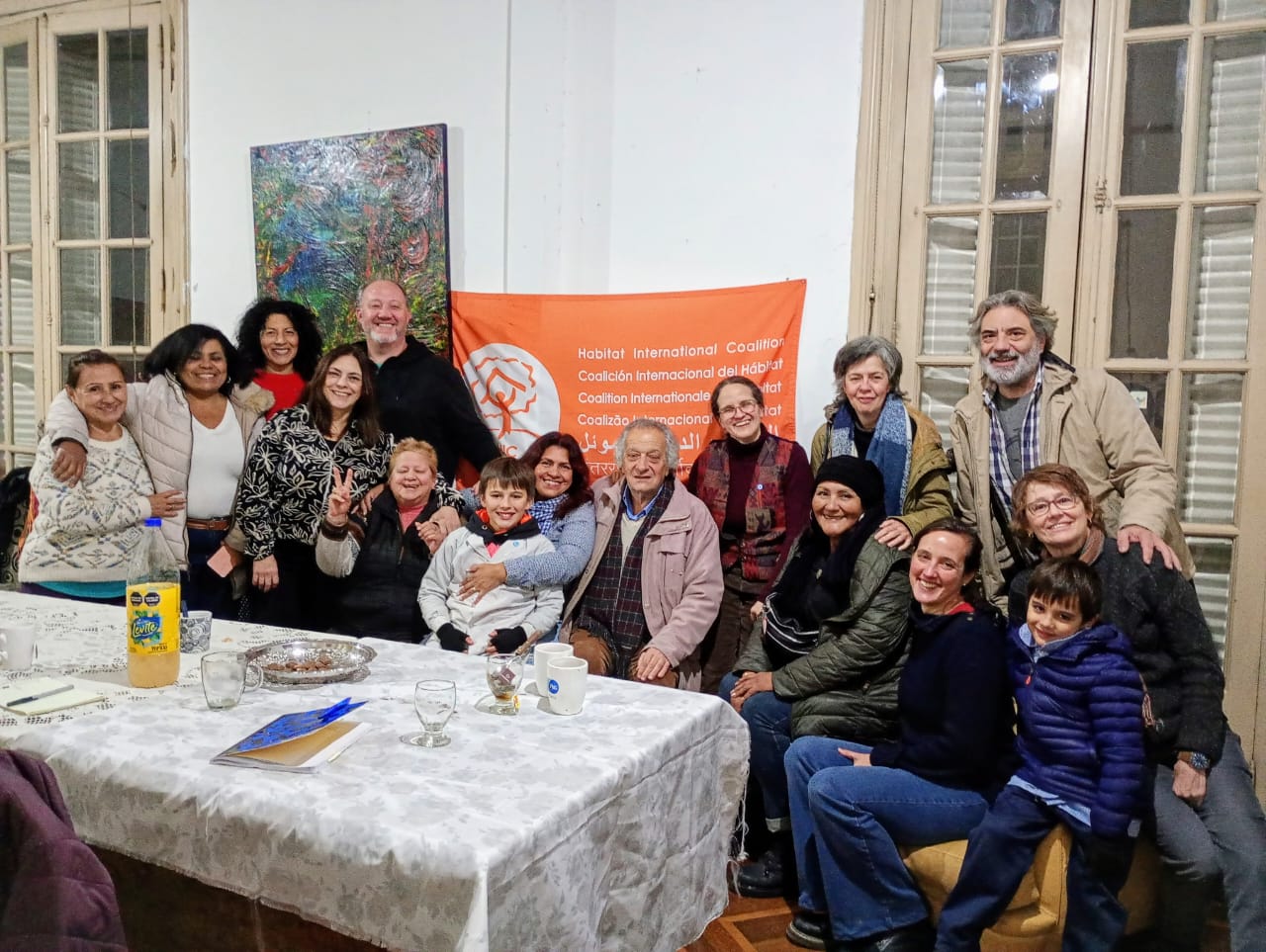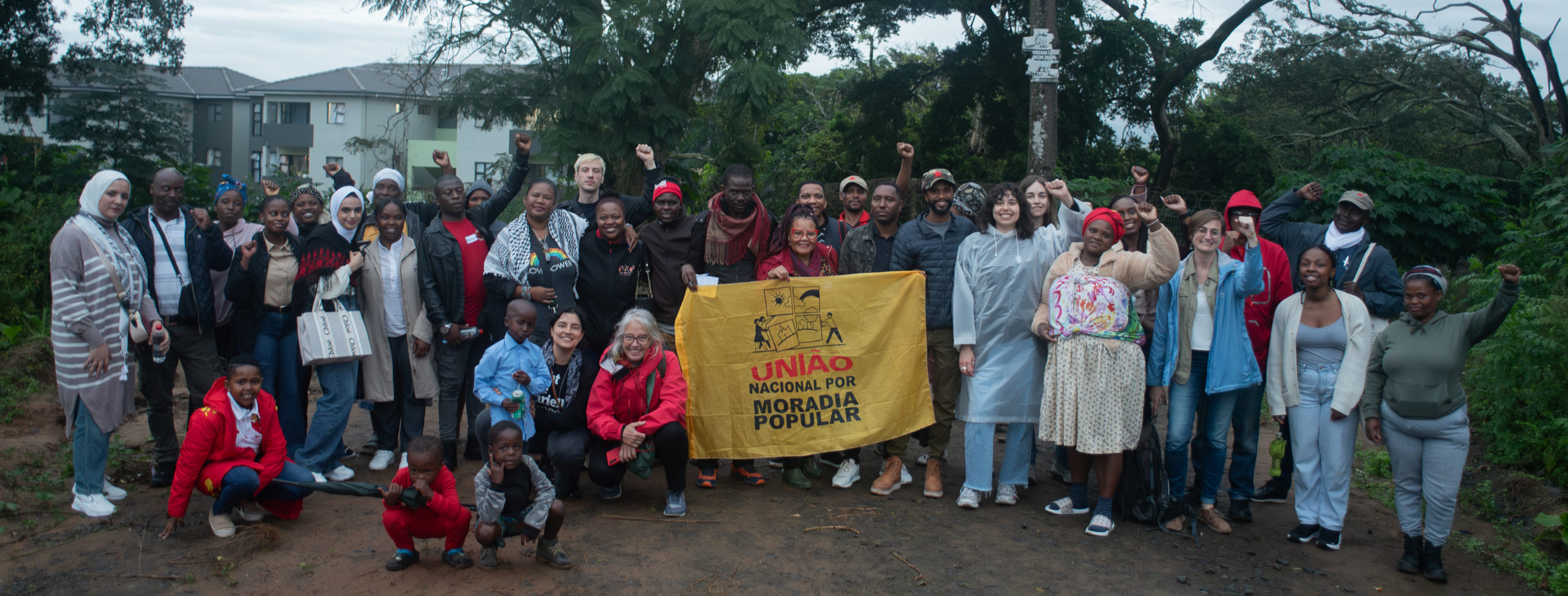A teenage soldier in Tapuah, a Jewish settlement in the occupied West Bank, shot to death four Palestinian citizens of Israel and injured several others last Thursday on a bus in Shafa’amr, a quiet Arab town in the north of Israel where I work. Israel’s Prime Minister, Ariel Sharon, denounced the shootings as an act of “terrorism” designed to “harm the fabric of relations among all Israeli citizens”, and threaten Israel’s “stability as a democracy”. For Palestinians living in Israel, however, his words were of little comfort.
Relations between Arab Palestinian citizens of Israel and their Jewish counterparts have already been harmed by over five decades of state discrimination against them, much of which was led or supported by Mr Sharon. The Shafa’amr attack was not only an attempt to sow ethnic hatred and division among the citizens of Israel, it was also the fruit of the deep-seated racism cultivated by successive Israeli governments over many years.
Since the establishment of the Jewish state in 1948, the indigenous Palestinian Arabs who remained within what became the borders of Israel have been treated as second- or third-class citizens, enduring extensive violations of their human rights. Currently, over 20 Israeli laws discriminate against the Arab minority which comprise approximately 20 per cent of Israel’s citizenry. Israeli politicians, such as the Finance Minister, Binyamin Netanyahu, who resigned from the government yesterday, have incited prejudice against these citizens, over one million in number, by labelling them a “demographic problem”.
For Palestinian citizens of Israel, the shooting deaths on Thursday recalled not only the massacre of Palestinians at the Ibrahimi Mosque in the West Bank town of Hebron committed by Baruch Goldstein, another Jewish settler fanatic in 1994, but also the killing of 13 unarmed Arab citizens of Israel by state security forces during the protest demonstrations of October 2000. The demonstrators were protesting against Mr Sharon’s provocative visit to the Muslim holy site of Haram ash-Sharif in Jerusalem. Not a single individual has yet been charged for the Arab deaths. If the state can act this way towards its Palestinian citizens – and do so with impunity – is it any wonder that armed fanatical opportunists will also view ethnic minority members among their fellow citizens as legitimate targets?
Just as the wishes of the 1.4 million Palestinians living in the Gaza Strip play no part in the public debate being waged in Israel over the withdrawal, the fact that Palestinians have now become the disengagement’s first victims has been lost amid a sea of blue and orange ribbons, representing the current competition between Jewish and ultra-Jewish nationalism.
Since there are no ribbons for civic equality and human rights, Jewish Israeli society and the international media remain transfixed by the pornography of the disengagement. Attention is focused on the alleged trauma of the government’s decision to sponsor the relocation of approximately 8,000 Jewish Israelis from the Gaza Strip and a few hundred others from four West Bank colonies to homes within their state. Such is the absurdist theatre of the disengagement that the histrionic settlers even have the audacity to compare their protests to the civil rights campaign led by Martin Luther King Jnr.
These theatrics serve Mr Sharon’s agenda well, adding drama to the staged representation of a Jewish nation on the brink of civil war. Far from its portrayal as a traumatic operation of historic significance, the disengagement is in reality a superficial, cosmetic operation. As UN Special Rapporteur Professor John Dugard reported in March 2005, the dismantling of Jewish settlements in Gaza does not mean that Israel will cease to be considered an occupying Power in the Strip under international law. Moreover, following the completion of Israel’s annexation Wall, over 350,000 Israeli settlers will illegally remain on the West side of the Wall in the occupied West Bank, including East Jerusalem. Meanwhile, plans to encourage the intensive Jewish settlement of the Galilee and Negev regions within Israel, where large numbers of Palestinian citizens of Israel live, are also being pursued. Slicing off the Gaza Strip from Israel’s conscience thus amounts to little more than a diplomatic nose job.
As if to further prove that the state is not going soft on Palestinians, a week before the Shafa’amr attack, Israel’s parliament worked with marked efficiency to enact two pieces of racist legislation within a single day. Israeli Members of the Knesset voted to exempt Israel from paying compensation to Palestinians in the occupied territories for deaths and injuries caused by Israel’s military. Illegal Jewish settlers, of course, retain such a right to a remedy for any harm. That same day, they also voted to extend a law, with minor amendments, banning family unification within the Jewish state for Palestinians from the territories married to citizens of Israel, thereby violating both Israeli and international law.
If the government of Israel were sincerely concerned about racist attacks on its Arab citizens, it would not only disengage from Gaza, but also from discrimination. That means a withdrawal from the entirety of the occupied territories, and a departure from the attendant colonial mentality. Under those circumstances, Israelis and Palestinians could truly begin to prepare for peace.
The writer is a human rights advocacy and development fellow with Adalah – The Legal Center for Arab Minority Rights in Israel. This article was first published in The Independent newspaper (UK) on Monday 8 August.
Adalah is member of HIC-HLRN


